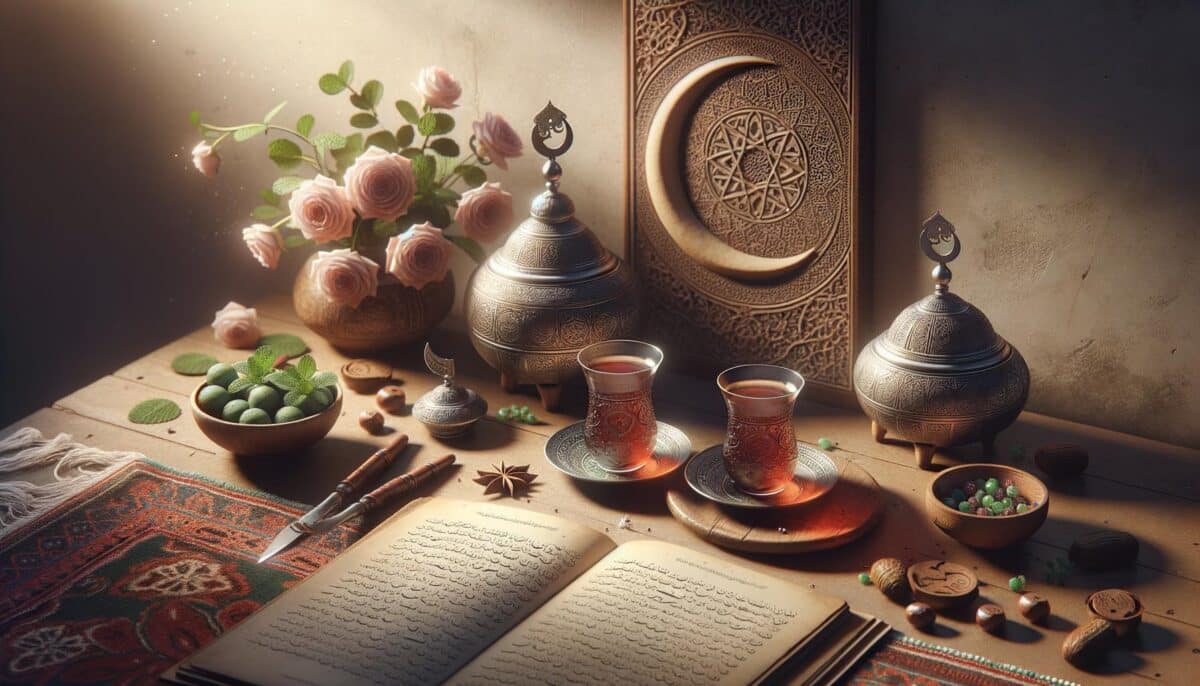Understanding Muslim Dating
Muslim dating is distinct in its approach, often balancing cultural traditions with the modern context of relationships. Unlike conventional dating practices seen in some other cultures, Muslim dating emphasizes certain values and principles rooted deeply in faith and community. These values guide potential partners towards a serious commitment, including marriage, rather than casual encounters. While respecting family involvement and religious guidelines, many young Muslims today seek meaningful connections that also align with their personal aspirations and desires.
Role of Family and Community
Within Muslim dating, family involvement acts as a fundamental pillar. This cultural aspect ensures that families from both sides are often involved early in the dating process to ensure compatibility and mutual respect. This may seem restrictive to some, but it can bring about numerous benefits:
- A supportive network that guides young couples.
- Shared values and expectations between families.
- Potentially reducing misunderstandings and conflicts.
The community also plays a part by supporting and advising young adults in a way that’s in accordance with religious teachings and cultural values, adding another layer of support in the relationship.
Modern Challenges in Muslim Dating
Despite the structured framework provided by traditions, today’s Muslim singles face modern challenges. Digital platforms have become a popular avenue for meeting potential partners, yet navigating these can be fraught with issues such as misrepresentation and mismatched expectations. Young Muslims must balance the use of technology with their commitment to authenticity and adherence to their beliefs. This requires:
- Conscious and respectful online interactions.
- Setting clear boundaries and maintaining them.
- Openness about intentions and expectations.
The challenge is to maintain the integrity of religious values while embracing the benefits of modern technology.
Embracing Cultural Diversity
The Muslim community is rich in cultural diversity, which is reflected in the dating scene. Different cultural backgrounds within Islam bring unique practices and traditions to dating, fostering an environment of learning and growth for those involved. This diversity enriches relationships and broadens individual perspectives, promoting understanding and appreciation for different cultural nuances.
- Sharing cultural practices enhances mutual respect.
- It nurtures adaptability and open-mindedness.
By embracing these diverse cultural influences, partners can forge strong, resilient relationships that reflect the varied tapestry of the Muslim world.
Building a Successful Relationship
For Muslim singles, building a successful relationship goes beyond initial attraction and involves a commitment to shared religious and life goals. Open communication, mutual respect, and understanding are key components of a thriving relationship. Engaging in meaningful dialogue about faith, family aspirations, and personal goals ensures that both parties are on the same page. Couples can explore:
- The importance of shared spiritual practices.
- Ways to support each other’s personal growth.
- Strategies for effective conflict resolution.
By focusing on these elements, Muslim couples can navigate the complexities of modern dating while honoring their faith and building a strong, lasting partnership.
Conclusion
Navigating Muslim dating requires a thoughtful approach that respects both tradition and personal desires. By understanding and balancing these elements, Muslim singles can successfully form connections that honor their beliefs while embracing modern dynamics. By focusing on shared values and open communication while being mindful of family and community roles, individuals can build meaningful and enduring relationships that reflect their faith and cultural diversity.
